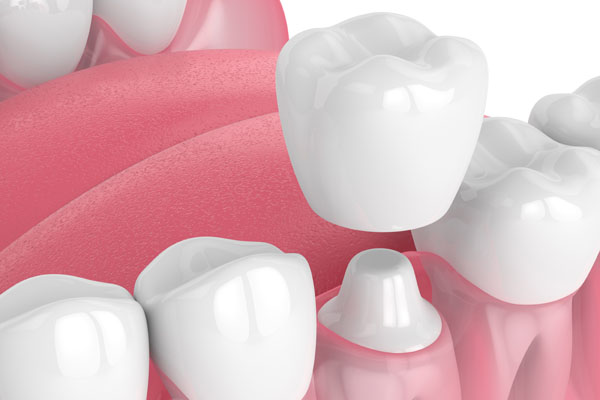 Individuals who have missing teeth or other dental issues often choose new dentures as a way to resolve these problems and improve the ability to eat and speak properly. Today’s dental technology has made most dentures simple to install and comfortable to wear; however, those who are new to the experience may wonder how long it will take to adjust and feel relaxed. Knowing what to expect can help new users feel more confident and understand how to handle some common issues that sometimes arise along the way.
Individuals who have missing teeth or other dental issues often choose new dentures as a way to resolve these problems and improve the ability to eat and speak properly. Today’s dental technology has made most dentures simple to install and comfortable to wear; however, those who are new to the experience may wonder how long it will take to adjust and feel relaxed. Knowing what to expect can help new users feel more confident and understand how to handle some common issues that sometimes arise along the way.
Receiving new dentures
Those who visit a dentist’s office to obtain a new set of dentures will likely have the opportunity to ask questions, ensure the dentures fit correctly and receive a few instructions about how to care for them. These directives may help the wearer in several ways:
- Increased confidence when installing or removing the dentures
- Improved cleaning and care methods for a longer life
- Revised handling techniques to avoid breakage
Before denture patients leave the office, they typically receive a few tips and guidelines about what to expect during the first 24-48 hours of denture wear.
The first days of use
Patients fitted with new dentures may be required to keep them in during the first 24 hours, even when sleeping, to ensure the gums are well-protected. This can be especially important if any teeth were recently extracted or if any infections, such as moderate gingivitis, were treated. New users occasionally find chewing a challenge at first and may want to consume a diet of soft foods for the first day or two.
The first week
Once the gums heal from any kind of treatment connected with new dentures, wearers often find that using sealants and adhesives are a learning experience full of trial and error. They may use too much or not enough, but as the days pass and the gums become less sensitive, this usually becomes simpler.
Some users experience discomfort or the sensation that the dentures are not fitting as well as they could. This may be due to changes in the gums during healing since the tissue can shrink or retract during the process. If this occurs, wearers may want to return to the dentist who fitted the dentures to ensure there are no problems or to have them adjusted.
The first 30-60 days
Over the next several months, any sensitivity in the gums will probably start to pass or vanish completely as the person's mouth adjusts to the dentures. Chewing and speaking typically take practice, especially with those who feel self-conscious about their new teeth. Speaking in front of a mirror at home and even practicing a natural smile may ease these feelings. Those experiencing problems with excess saliva or denture slippage should contact the clinic or the dentist who fitted the dentures for advice or an adjustment.
Check out what others are saying about our dental services on Yelp: Dentures in Everett, MA.
Conclusion
Wearing new dentures can be a challenge for those who have never worn a dental appliance before. Knowing what to expect, finding out how fast gums and sore spots heal and learning when to ask a dentist for assistance can make the process simpler.
Request an appointment or call GK Dental PC at 617-826-6075 for an appointment in our Everett office.
Recent Posts
It is not surprising that adjusting to new dentures takes a little time. After all, you have new items in your mouth, and they will at first feel a little strange. Most people have enjoyed a mouth full of teeth for many years. You will also need to become comfortable chewing foods, drinking liquids, and…
Everyone adjusting to new dentures needs to remember that it takes time before they are entirely comfortable. Getting used to them is a process made smoother by taking the correct steps and maintaining realistic expectations. What follows are some commonsense suggestions for how you should approach breaking in a new smile.Attitude is everything. Remember that…
When you are adjusting to new dentures, it may seem that taking care of them requires a lot of time. Not only do you need to brush them every day, but you also need to soak them in a special solution each time you take them out overnight. Eventually, your denture care steps will become…


